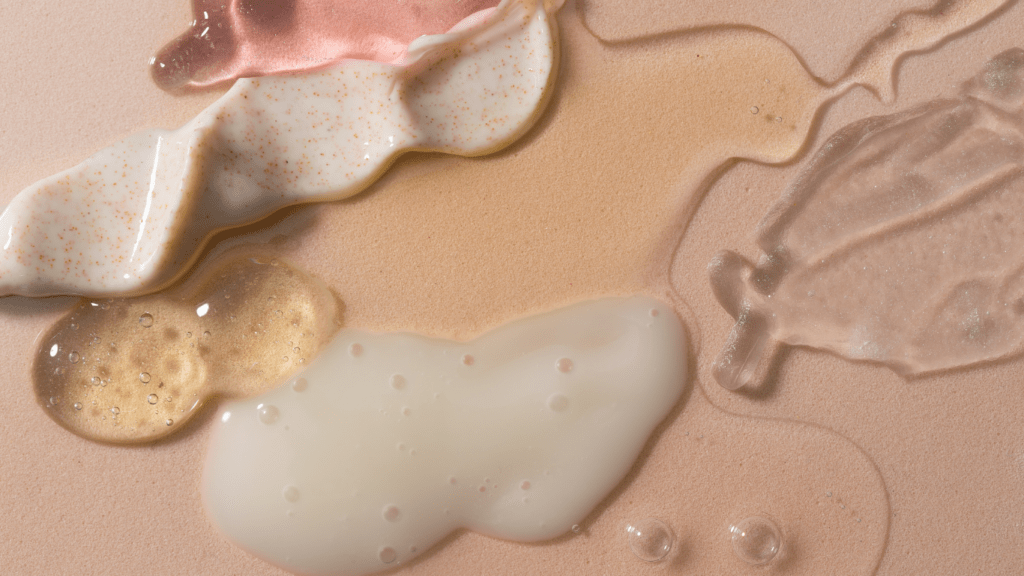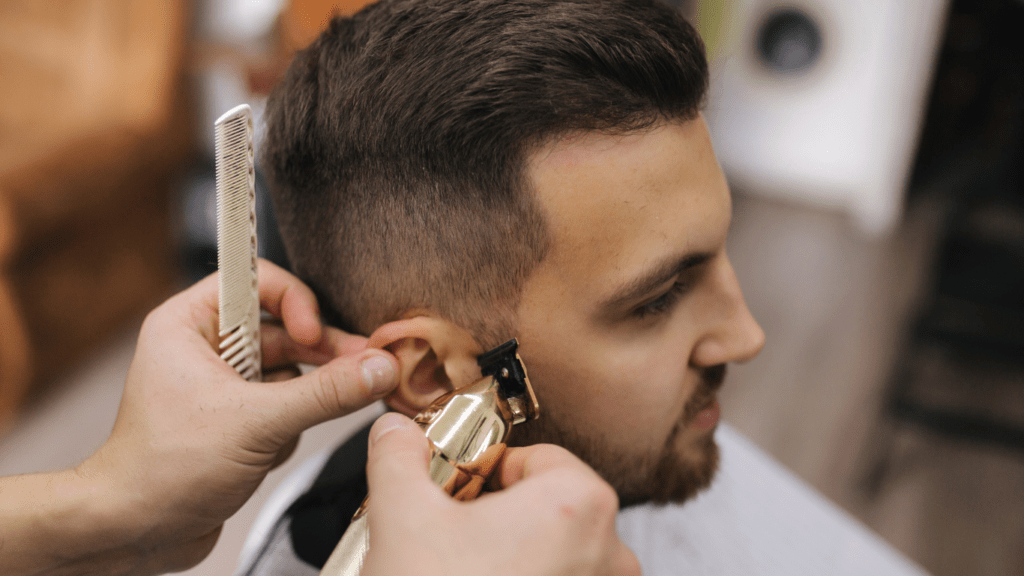Overview of Celebrity Beauty Brands
I’ve observed an increasing number of celebrities entering the beauty industry with their own brands. These range from skincare lines to extensive makeup collections. Some brands establish a strong market presence due to the unique formulations and positive consumer reviews. Others, however, tend to rely heavily on the celebrity’s fame rather than product quality.
1 .Skincare Lines
Many celebrities launch skincare lines (e.g., Kylie Skin and Fenty Skin). They often claim to offer innovative ingredients and formulations. Kylie Skin emphasizes dermatologist-tested products with gentle, universal appeal. Fenty Skin, by Rihanna, promotes inclusivity and eco-friendly packaging. Positive reviews highlight hydrating and soothing properties of their products.
2. Makeup Collections
Celebrities also invest in makeup collections (e.g., Rare Beauty by Selena Gomez and Haus Laboratories by Lady Gaga). These brands often showcase broad shade ranges and unique textures. Rare Beauty focuses on self-acceptance and natural beauty; its liquid blushes and lip creams gain high praise. Haus Laboratories stands out with bold, statement-making products like lip liners and eyeliners.
3. Fragrance Lines
Another segment is celebrity-endorsed fragrances (e.g., KKW Fragrance by Kim Kardashian and Ariana Grande’s perfume line). These fragrances can vary in success. KKW Fragrance’s scents are known for their longevity and sophisticated blends, whereas Ariana Grande’s fragrances often attract younger audiences with their sweet, playful aromas.
4. Hair Care Products
Celebrities also delve into hair care (e.g., Pattern Beauty by Tracee Ellis Ross and Ouai by Jen Atkin). They highlight diverse hair types and textures. Pattern Beauty significantly targets curly, coily, and textured hair, offering deep conditioners and styling creams. Ouai appeals with its minimalistic design and versatile products like wave sprays and shampoos.
5. Health and Wellness Products
There’s also a growing interest in wellness products (e.g., Goop by Gwyneth Paltrow and Kora Organics by Miranda Kerr). Goop enhances the niche market of holistic health, providing innovative products like wellness supplements and skincare. Kora Organics emphasizes organic, cruelty-free ingredients across its line.
This overview reflects the diversity and scope of celebrity beauty brands. While some offer groundbreaking products that become industry favorites, others may falter without substantial quality.
Criteria for Evaluating Beauty Brands
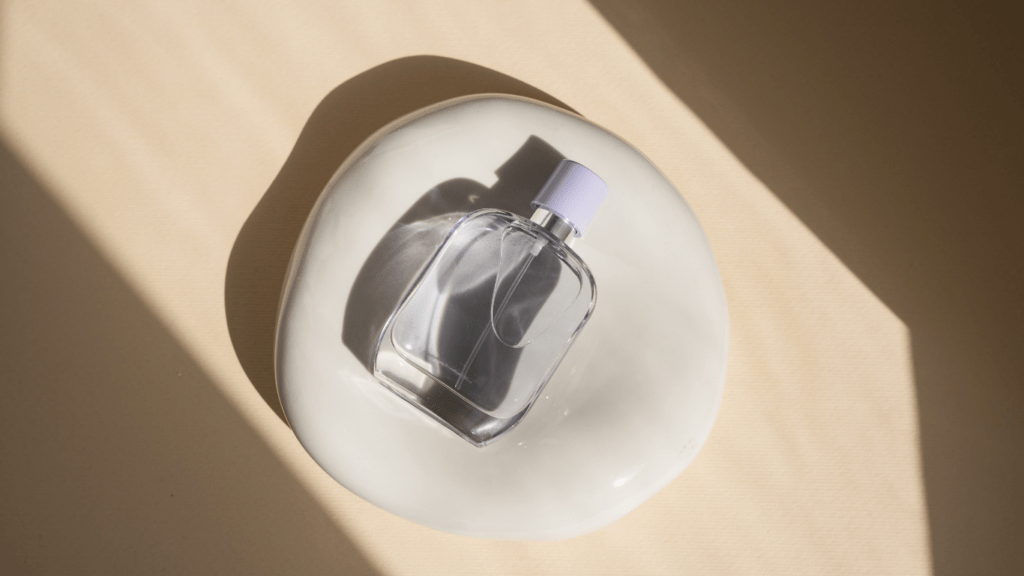
When evaluating celebrity beauty brands, several criteria help determine if they’re hits or misses.
Quality of Products
Product effectiveness defines a beauty brand’s success. Formulas that provide visible results, backed by positive reviews, indicate high quality. Ingredients matter; brands using natural, cruelty-free, and dermatologically tested components set a high standard. Fenty Beauty, for example, promises inclusive shades without sacrificing product performance.
Brand Transparency
Transparency gains trust. Brands sharing ingredient lists, manufacturing processes, and business ethics stand out. Honest communication about product benefits and limitations fosters loyalty. Rare Beauty’s upfront approach about supporting mental health initiatives shows commitment beyond profit.
Market Position and Popularity
Market position reveals a brand’s acceptance. High sales, social media buzz, and celebrity endorsements contribute, but true popularity stems from customer satisfaction and repeated purchases. Kylie Cosmetics, driven by social media and celebrity appeal, maintains a market edge through consistent consumer satisfaction.
These criteria ensure a comprehensive evaluation of celebrity beauty brands, guiding readers to make informed choices.
Hits: Successful Celebrity Beauty Brands
Several celebrity beauty brands have significantly impacted the industry, earning praise for their quality, transparency, and market reach.
Fenty Beauty by Rihanna
Fenty Beauty is renowned for its inclusivity. Rihanna launched the brand, offering 50 foundation shades, setting a new standard for diversity in the beauty industry. The quality of Fenty Beauty’s products, coupled with innovative formulations, has garnered high customer satisfaction. Business Insider reported that Fenty Beauty generated $570 million in revenue within 15 months of its debut, highlighting its strong market presence.
Rare Beauty by Selena Gomez
Rare Beauty by Selena Gomez emphasizes mental health and self-acceptance. The brand donates 1% of all sales to the Rare Impact Fund, which aims to increase access to mental health resources. Its lightweight, breathable formulas have gained favorable reviews. According to Glossy, Rare Beauty achieved $60 million in sales within its first year, reflecting both its popularity and effectiveness.
Kylie Cosmetics by Kylie Jenner
Kylie Cosmetics revolutionized the beauty market with its Lip Kits. Launched by Kylie Jenner, the brand quickly became a social media sensation. Forbes estimated that Kylie Cosmetics earned $200 million in revenue within its first 18 months. Product quality and continuous innovation keep it relevant, despite market saturation. Customer loyalty remains strong, driven by effective marketing and consistent product performance.
Misses: Less Successful Celebrity Beauty Brands
Not all celebrity beauty brands achieve the same level of success. Here, I explore a few that haven’t performed as strongly in the market.
Honest Beauty by Jessica Alba
Jessica Alba’s Honest Beauty aimed for a clean, eco-friendly image. The brand faced criticism for both allegedly misleading marketing and the performance of some products. Despite its mission, several items didn’t meet customer expectations in terms of effectiveness and value for money. Honest Beauty struggled to maintain its market position amid increasing competition in the clean beauty segment.
KKW Beauty by Kim Kardashian
Kim Kardashian’s KKW Beauty gained initial interest due to her massive following. However, KKW Beauty lacked the innovation and product quality seen in other successful celebrity brands. The line often faced complaints about packaging issues and inconsistent product performance. Additionally, its rebranding efforts couldn’t significantly raise market presence or compete with emerging, trendier brands.
Flower Beauty by Drew Barrymore
Drew Barrymore’s Flower Beauty aimed to provide affordable, high-quality beauty products. Although Flower Beauty had a promising start, it couldn’t keep pace with rival brands. Factors like limited shade ranges and inconsistent product releases contributed to its waning popularity. Moreover, the brand struggled to establish a unique market identity, which hindered its long-term success.
Impact of Celebrity Endorsements on Consumers
Celebrity endorsements significantly influence consumer behavior. When celebrities endorse beauty brands, they bring a level of trust and emotional connection that regular advertisements can’t achieve. For instance, Rihanna’s Fenty Beauty saw immense success because consumers felt a personal connection to her vision of inclusivity and diversity.
Endorsements by celebrities can elevate brand visibility. Well-known names help products reach a wider audience quickly. Customers are more likely to purchase items associated with their favorite stars. This phenomenon often leads to these brands trending on social media, driving sales and fostering brand loyalty.
Celebrity endorsements also affect perception of product quality. Consumers often believe that if a celebrity they admire uses and promotes a product, it must be effective. This faith translates into higher sales, at least initially. However, if products do not meet expectations, this effect diminishes over time.
Consumer demographics play a role in the impact of endorsements. Younger audiences, who are more active on social media and admire celebrity lifestyles, are particularly influenced. Brands targeting these demographics often see higher conversion rates when they use celebrity endorsements.
Conversely, not all endorsements lead to success. If celebrities face controversies or lose public favor, affiliated brands might suffer. For example, when public sentiment around a celebrity shifts negatively, associated beauty brands can experience a dip in sales and brand trust.
Ultimately, celebrity endorsements offer both advantages and risks for beauty brands. They generate initial interest and trust but require consistent product quality and positive celebrity reputation to sustain long-term success.
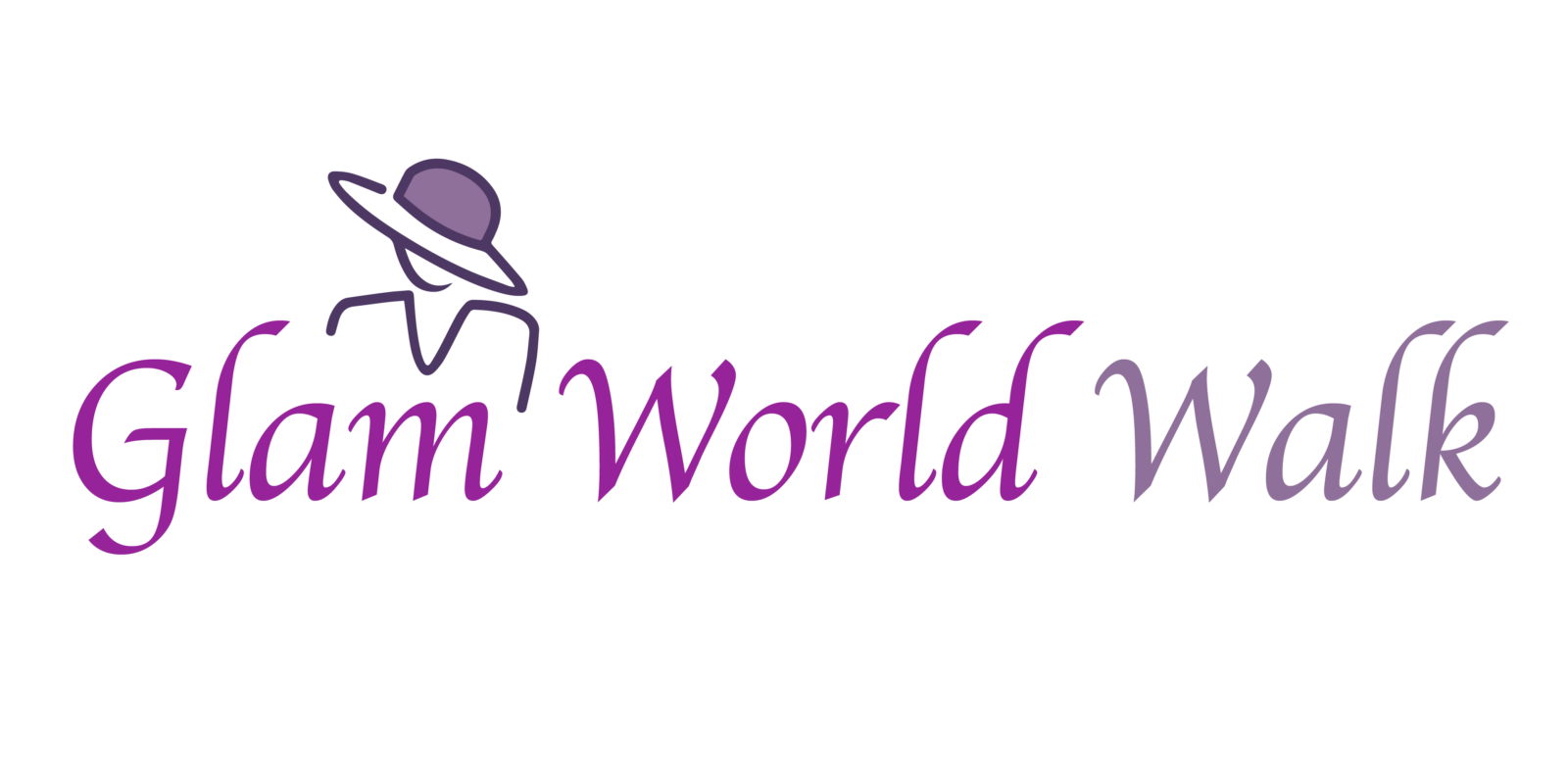
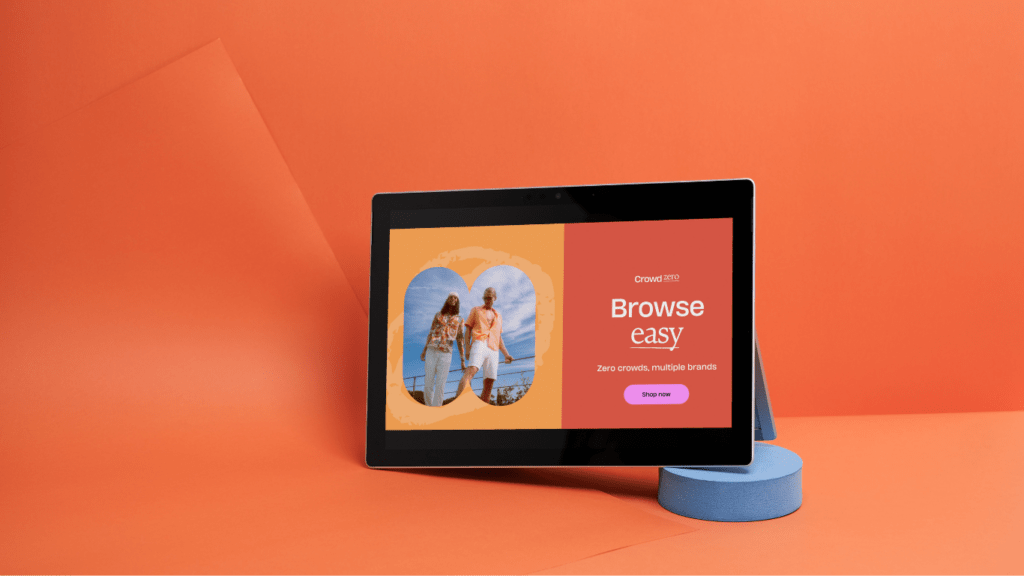
 Founder & Editor-in-Chief
As the visionary behind Glam World Walk, Anthonyo Corbinollo brings his passion for fashion, beauty, and luxury to life through captivating content that resonates with glamour enthusiasts worldwide. With over a decade of experience in the fashion industry, Anthonyo curates a platform that celebrates the finest trends, exclusive brands, and lavish travel destinations. His dedication to highlighting the elegance in everyday life has made Glam World Walk a go-to source for fashionistas and style icons alike.
Founder & Editor-in-Chief
As the visionary behind Glam World Walk, Anthonyo Corbinollo brings his passion for fashion, beauty, and luxury to life through captivating content that resonates with glamour enthusiasts worldwide. With over a decade of experience in the fashion industry, Anthonyo curates a platform that celebrates the finest trends, exclusive brands, and lavish travel destinations. His dedication to highlighting the elegance in everyday life has made Glam World Walk a go-to source for fashionistas and style icons alike.